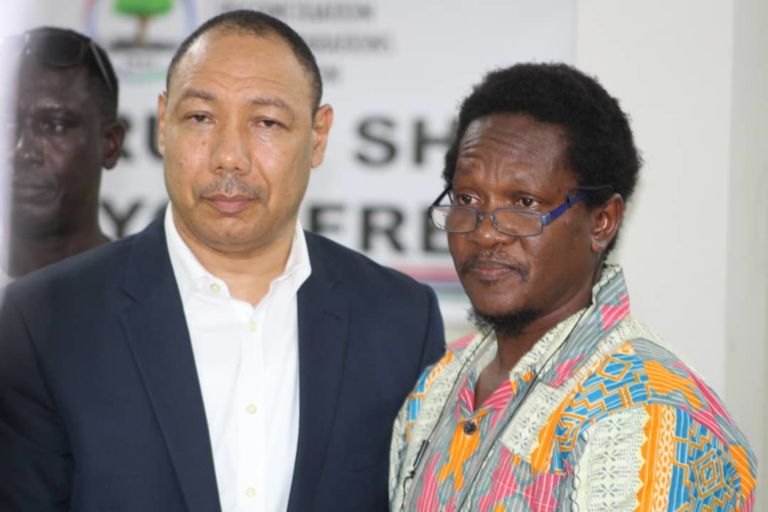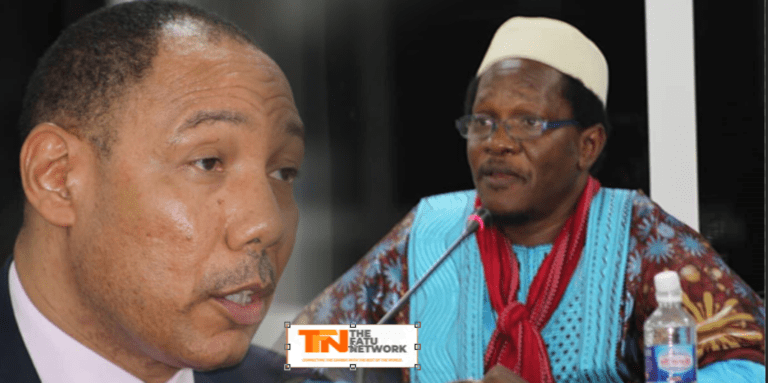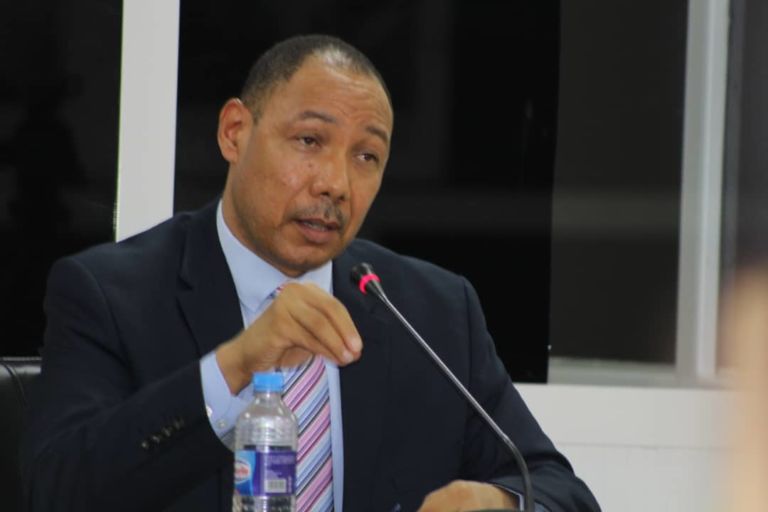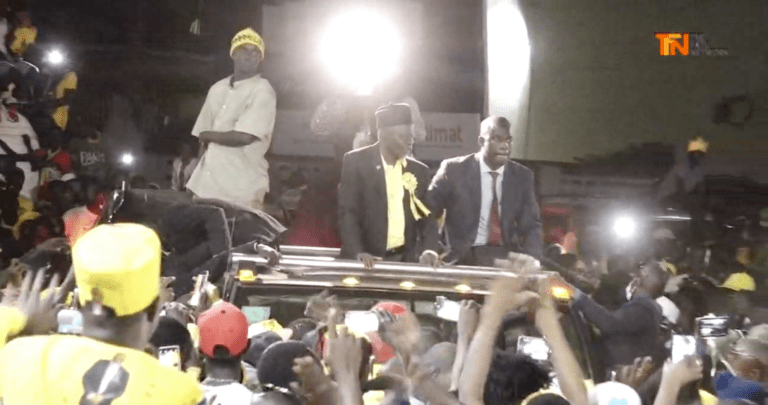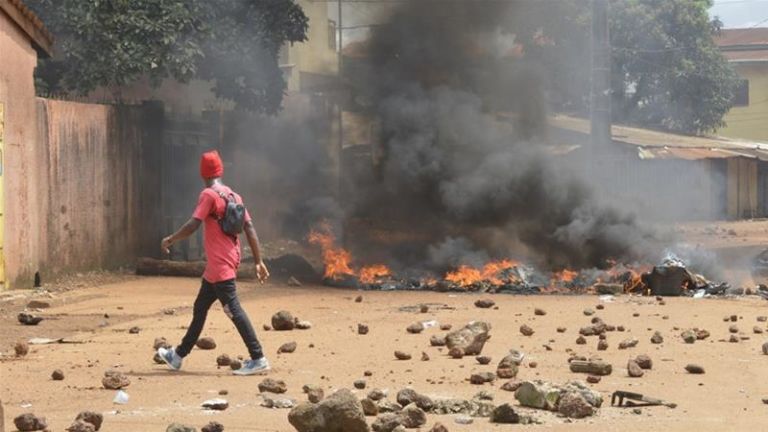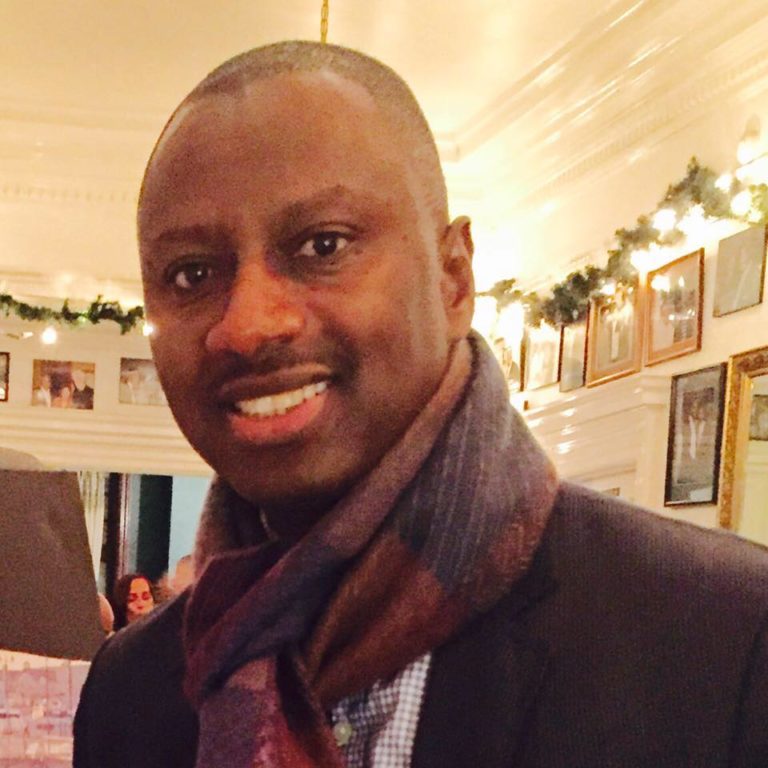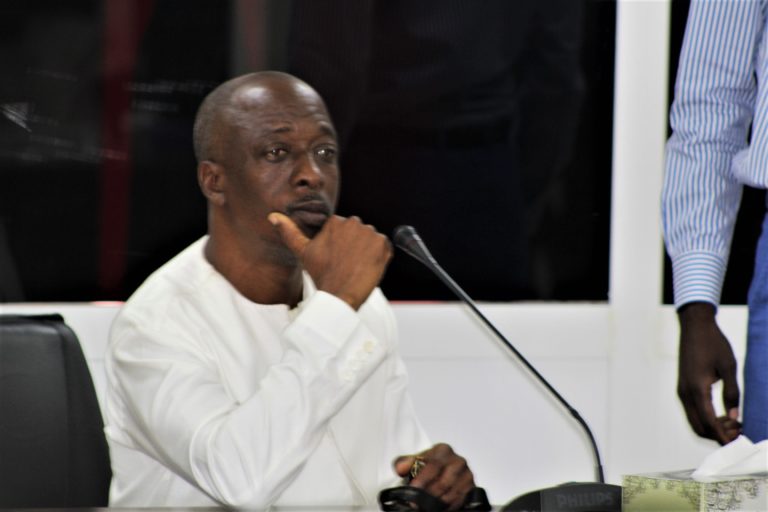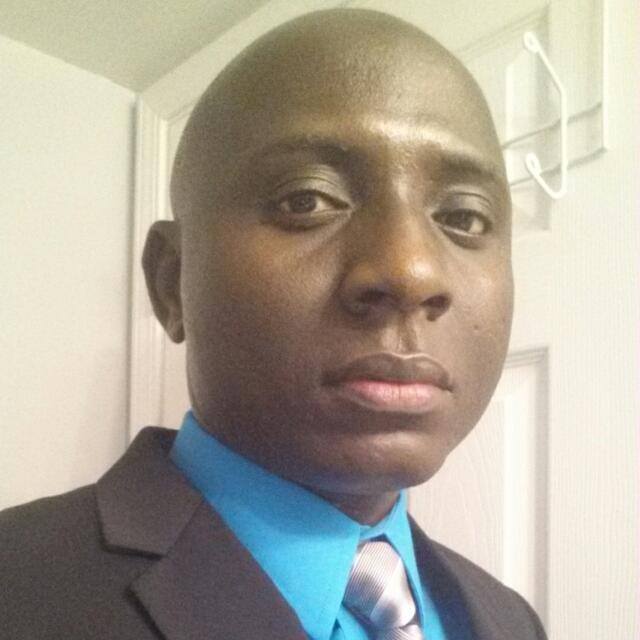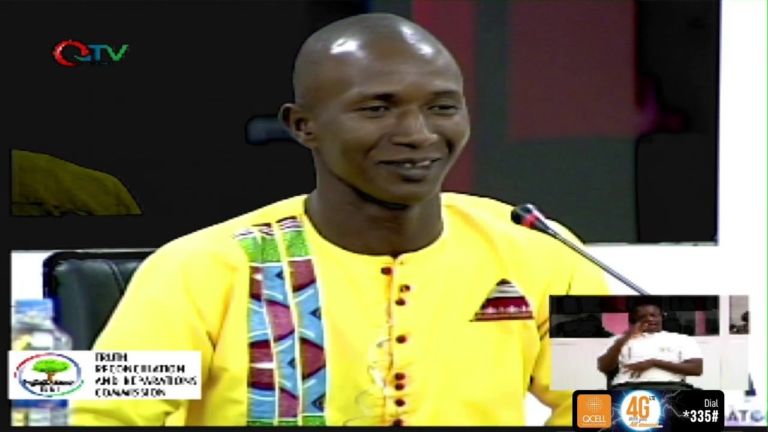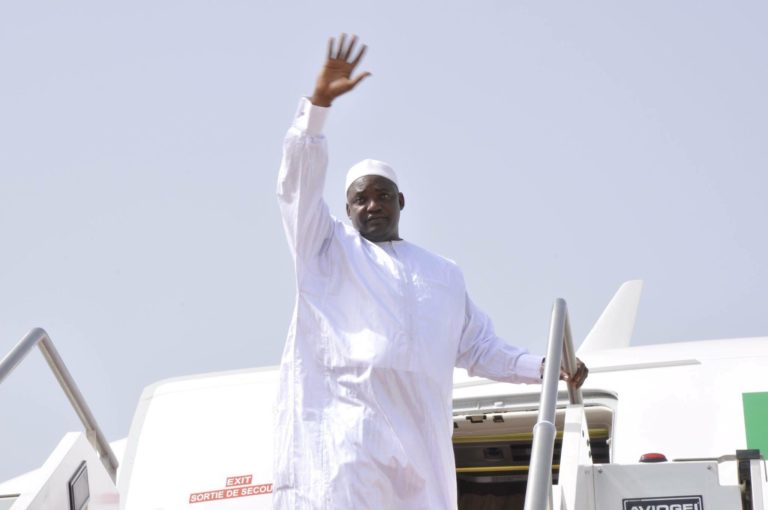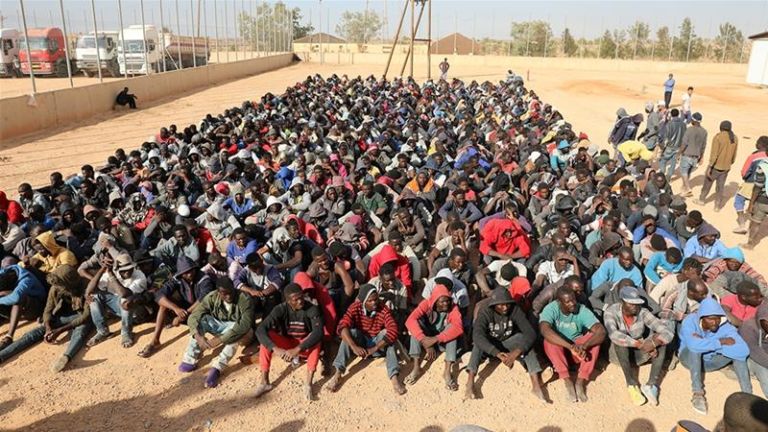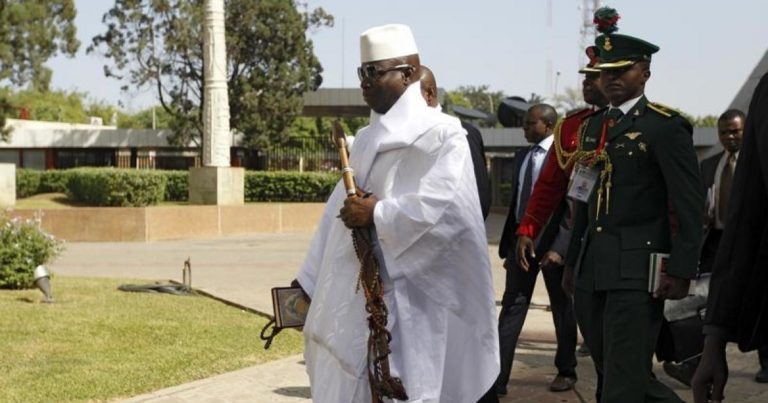By Momodou Ndow
Too many witnesses spoke about the devil, and too many witnesses said the devil did it. Edward Singhateh’s name was called a million times and he was also implicated in a million incidents. Since the TRRC started, the name Edward Singhateh has been echoed like a champion – witness upon witness, testimony opinions testimony! Essentially, all roads led to Edward Singhateh Avenue, and we are finally there. Edward came because there is no place to hide and he had no choice, not because he’s a nice murder who wanted to do the right thing by appearing on his own accord. The heat was too much, so he had to leave the kitchen and show up! By appearing at the TRRC, Edward did not do anyone a favor, rather, he was just trying to save a face that he doesn’t have. The TRRC had become a lying fest, and Edward was not going to be any different. The standard had already been set and maintained.
It is perfectly fine for a murder to be funny, but it is terribly bad for a murderer to try to make jokes while being questioned about their crimes. Edward didn’t need ice because he was sitting in the hot seat, he needed ice because he’s a cold blooded murderer who needed to keep him blood cold. He came with a strategy to deny and deflect, and see what would stick. If he was going to go down, he wanted to look cute in the process. So instead of having an accused murderer to answer questions about their alleged crimes, we had a lawyer attempting to defend himself and being a perfect fool for doing so.
The entire session was about Edward and his audience. He wanted to look smart and was constantly worried about those who are watching him. He wanted to endlessly clarify and contextualize because he didn’t want those watching him to think of him in a certain way. He wanted to be seen as polished and thoughtful, but he came across as calculating and manipulative. Anything that made him look good in the eyes of the audience, he basked in it and owned. Accept all general responsibility (because it’s less severe) and flatly deny all direct responsibility (because it’s more severe), regardless of the mountain of evidence presented. This is exactly the type of foolery that happens when a lawyer try’ s to represent himself or herself, you are unable to emotionally separate yourself and take a critical look at the evidence. If ten witnesses who all know you said they saw you commit a crime and you are the only one who said it didn’t happen, then you are lying. This is a reasonable conclusion anywhere.
Edward told us that Goloh is the type of kufang coward who would say “bailen ma ma hehh, y sorko bayey du hehh.” But it’s the same Edward, who told us in the Janneh Commission that Goloh took some of his portfolio away from him when he was a minister because he objected to Goloh’s release of a captured ship that was illegally fishing in the Gambian waters. After taking his portfolios away, he also said he was unable to get Goloh audience. He also said lots of other things that indicated that he was scared of Goloh! Basically, Edward was scared of the same coward he painted Goloh to be. When a coward is scared of another coward!
Edward denied beating or speaking to anyone when they went to Mile2 at that ungodly hour. He said no hour is ungodly and that God made all hours. Well, God also made all human life, but Edward serially ended some. A preaching murderer! Edward repeatedly said that they were “young and angry”, but he expect us to believe that he went to Mile2 at an ungodly hour as a “young and angry” soldier who just found himself at the helm of power (in Africa) to interrogate other officers, and he didn’t beat or speak to anyone? To add insult to injury, all his victims said he beat the daylights out of them too, and he said “it wasn’t me.”
According to Edward, these were not normal times and he is perfectly right about that. But somehow, he (Edward) the “young and angry” soldier was the only lucid person in the lot, and everyone else was wild and crazy and he tried to bring sanity. Goloh was wild, Sana Sabally was wild, and so were all the other officers that did the beating and shooting. Anything that was going to directly implicate him, he did not recall because it was so long ago. But for some weird reason, Edward recalled their takeover of Yundum and Fajara Barracks and narrated them one perfectly. He told us how he led the storming crew at Yundum Barracks and effortlessly took it over. He also perfectly narrated the Fajara barracks takeover and how he threw a grenade on the left side of the room to distract the subject, and then attacked him from the left side and captured him without a hitch.
But why did Edward recall these events so vividly and narrated them perfectly? Because they made Edward look good as a military man who excelled in what he was trained to do. Oh, and Edward also told us that he is a marksman and can take anyone out if he wants to kill, and he still holds the record in the GNA. Yep, the perfect soldier who later studied law and was never directly involved in shooting or torturing anyone as a “young and wild’ soldier who found himself at the wheel of power after staging a coup! The show was all about Edward Singhateh looking good as a soldier and a sophisticated fool of a lawyer attempting to defend himself from “manufactured” accusations.
Finally, we were now at the climax of it all, Koro Ceesay’s murder – the who done it! Right off the bat, Edward’s demeanor changed and his confidence level went down. He was folding his hands at times and periodically releasing some heavy sighs. He was less comfortable and not as confrontational, and he sounded more obedient. Guilt has a way of suffocating the conscience, and you can visibly see how smoking hot the chair was. With a significantly declined comfort level, Edward kept adjusting his body as if he was sitting on pins and needles, which was actually the case at that point. The only time that changed, was when Kanyi’s testimony was played. He became agitated and viciously wet after Kanyi. Clearly, there is something more between Edward and Kanyi (a man Edward claims not to know) that meets the eye! Then to cap it all off, Edward felt offended by being portrayed as a liar by Lead Counsel. Hello!

